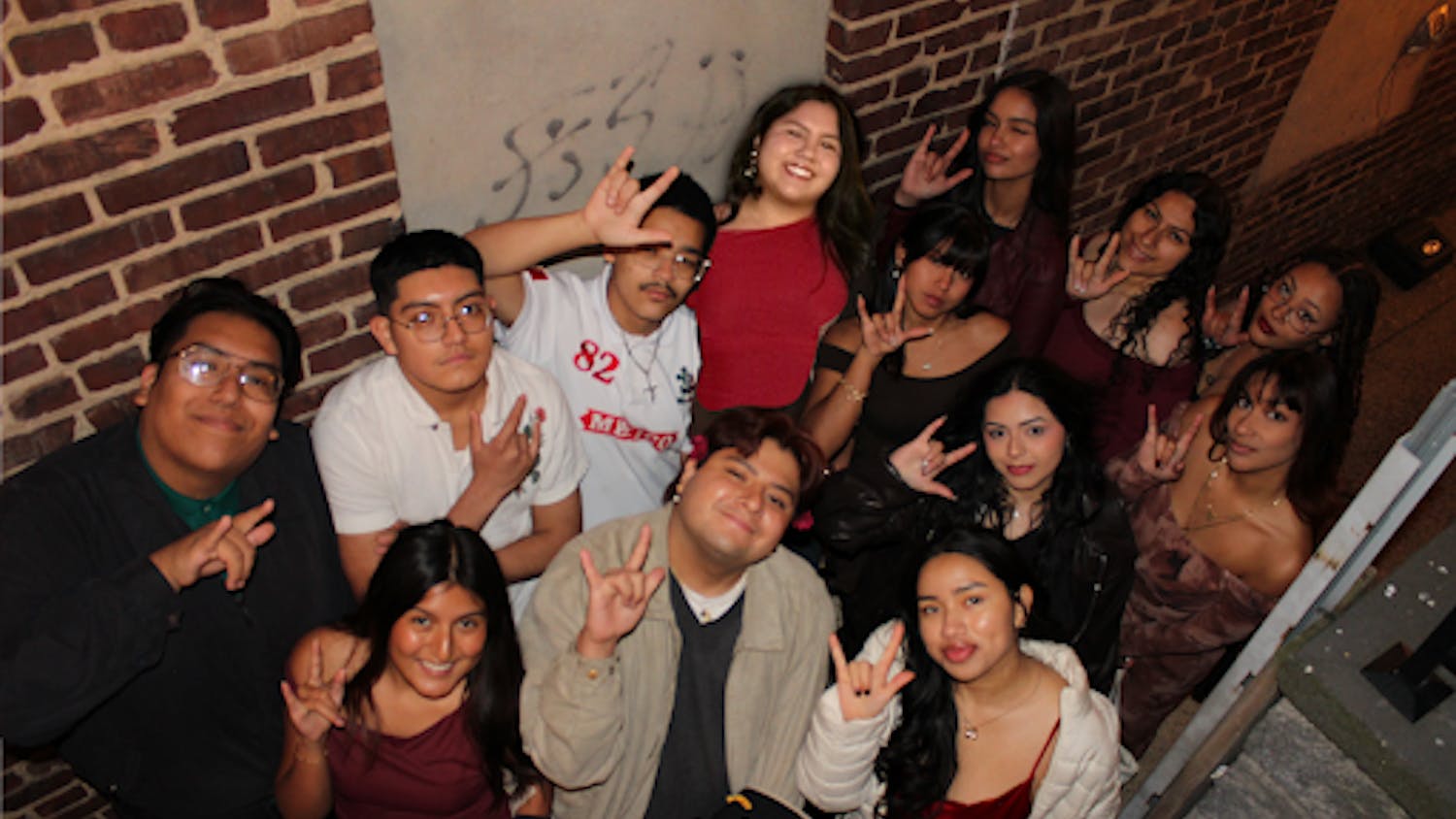Everyone knows what it's like to be faced with a difficult situation. According to Holly Haynes, assistant professor of philosophy and religion, overcoming difficulty is all about taking small steps with your friends by your side.
On May 5 Haynes was in a car accident, which left her with three broken ribs and a punctured lung. She was forced to spend four days in the hospital with a tube in her lungs to help prevent the build-up of fluids. According to Haynes, however, she was lucky.
"I bounced off of the guardrail on one side of the Turnpike and then I went all the way across the freeway and bounced off the other side and my car spun," she said. "I wasn't hurt nearly as badly as I could have been and I didn't get hit by anyone else. It could have been kind of bad."
Fortunately, she made a quick recovery. Haynes said that after about two weeks, she was feeling well enough to return to the gym, something which few people in her situation would attempt. However, exercise actually assisted her recovery.
"When your lung collapses, it's really painful to breathe or cough or sneeze or anything like that," she said. "One of the dangers is that (the lung) could fill up with fluid, so they tell you to breathe as deep as you can. It's hard to force yourself to do that, but going to the gym was actually good, because I would get my heartbeat up a little bit and I'd have to breathe more heavily. That was actually good for healing my lung."
Despite her injuries, one of Haynes' biggest concerns was the yoga class she had just begun to teach. The first class was canceled because of her accident. She immediately returned the next week to teach, however, she could not participate as much as she would have liked.
Haynes said she feels that part of her quick recovery was due to her inability to believe that there is anything she cannot do. Even more than that, she credits her friends with giving her the strength and support she needed during her difficult time.
"One of the biggest experiences for me was how great my friends were to me," she said. "(The College's) Classics Club also sent me flowers and it's really huge to know that you've got that kind of support or that people are out there who are thinking about you. My friends came and took care of me at home the first weekend or so that I was there, so that was a really big psychological lift."
She also compared the strength it takes to overcome an obstacle in your life to the strength it takes to persevere in college. Haynes, who teaches difficult subjects like Latin and Greek, is no stranger to the troubles of school. In fact, she had never even attended an American school until she moved to the United States for college.
"I had gone to English schools and so I was totally bewildered by the American school system," Haynes said. "I went to the University of Washington, which is this huge state school, and I had no idea what was going on."
This was how she "stumbled" into the languages she now teaches. Haynes said that at the time, she was lost in her life and much of what she did was simply because it was the opposite of what her parents wanted from her - to become a lawyer. Suddenly, she found herself in graduate school with a teaching assistantship and she knew what she wanted to do.
She spent seven years teaching at New York University, followed by two years at Dartmouth before she began her job at the College.
"(Teaching) doesn't really feel like a job in a way," Haynes said. "I often just feel like they pay me to do this and I go into a classroom and talk to interesting people . I just feel like I get to come in here and we yack about some stuff and we read some cool Latin poetry and then it's the end of the hour. What's not to like?"
With Haynes' great attitude about teaching some of the most difficult subjects available at the College, it's no wonder she remained positive following her accident. According to her, struggles are a part of life, but not something one should be afraid or ashamed of.
"Life is just often not an easy thing," she said. "There's just a lot of difficulty. Often there's a reluctance to admit that it's difficult, because that's seen as weak, but I think that a really great thing to do is to really face up to how painful and difficult something is. Once you can accept that, then it's the first step to overcoming it. Just one step in front of the other."






